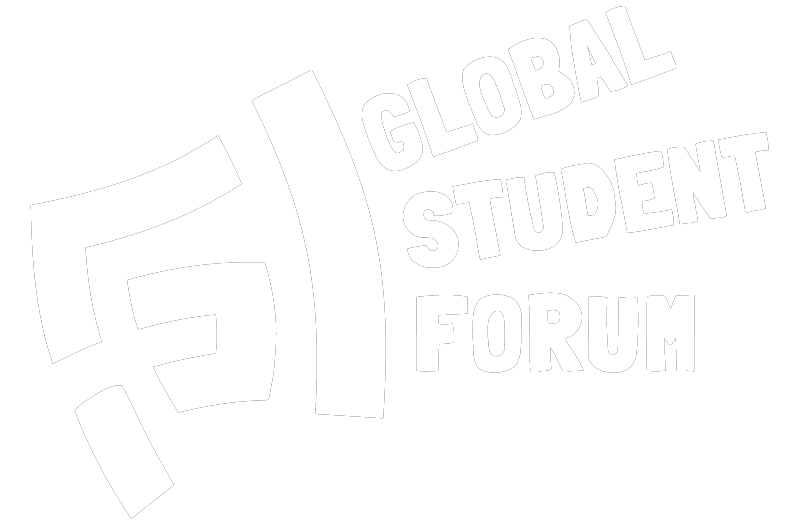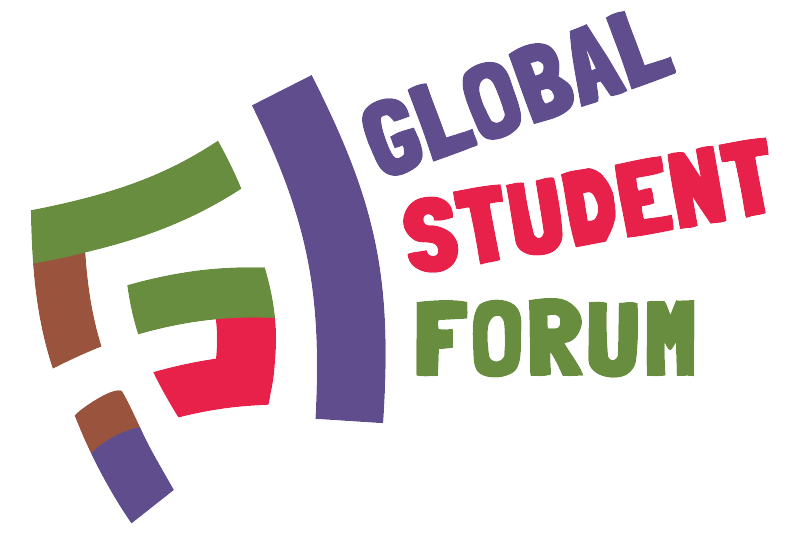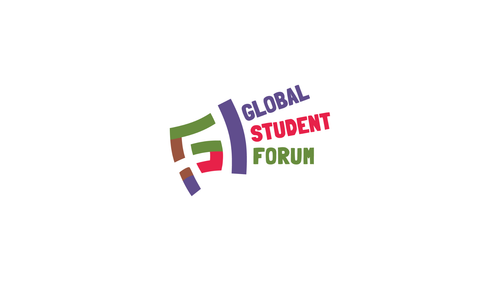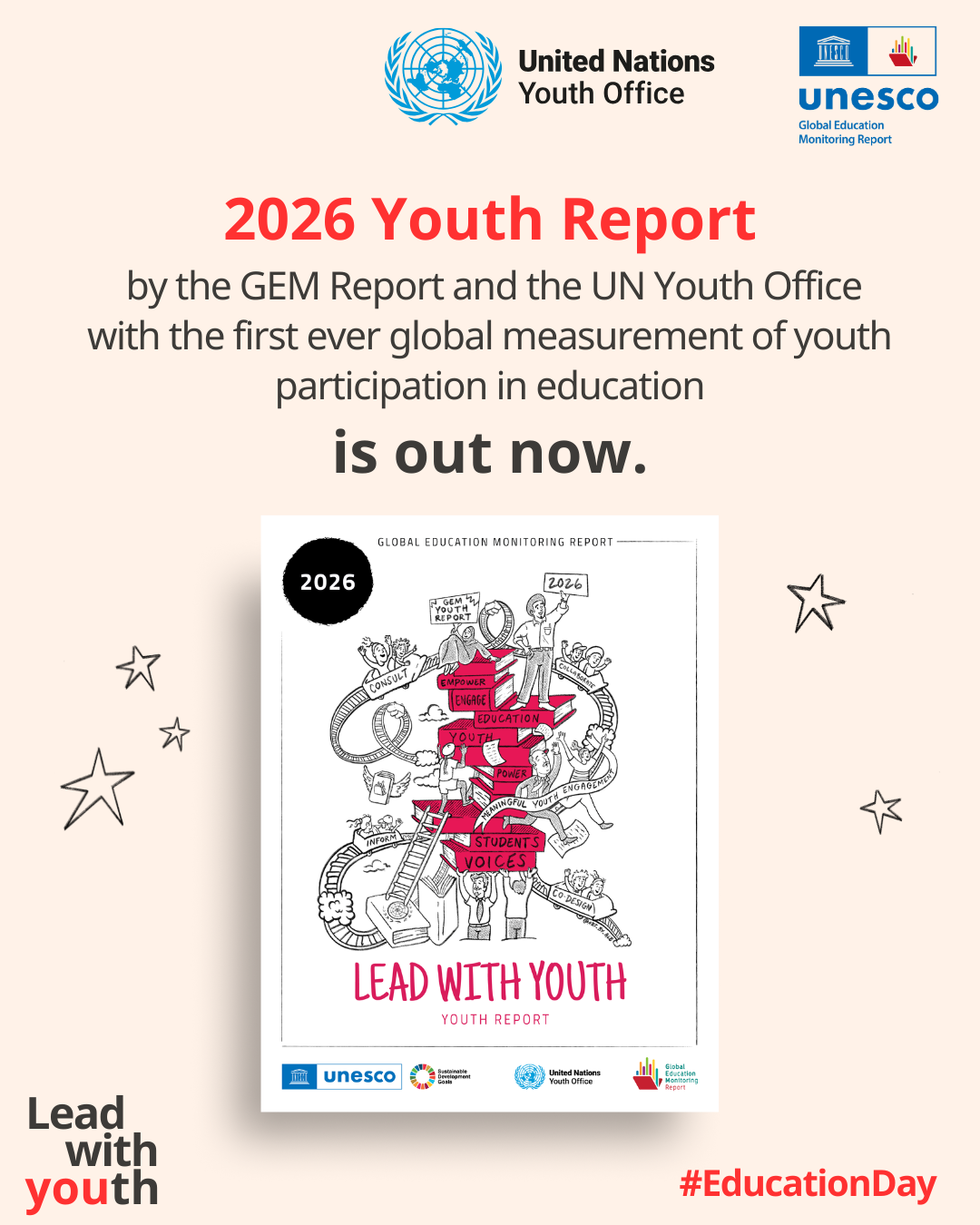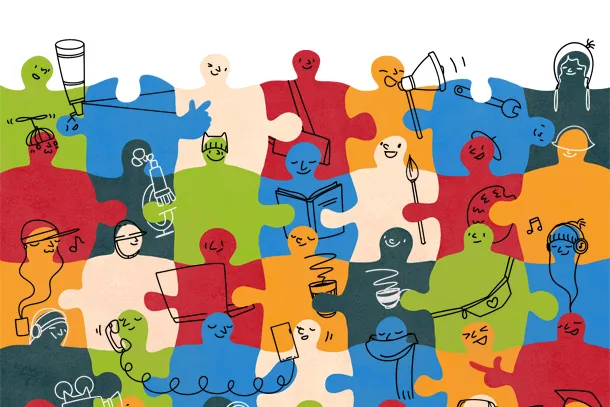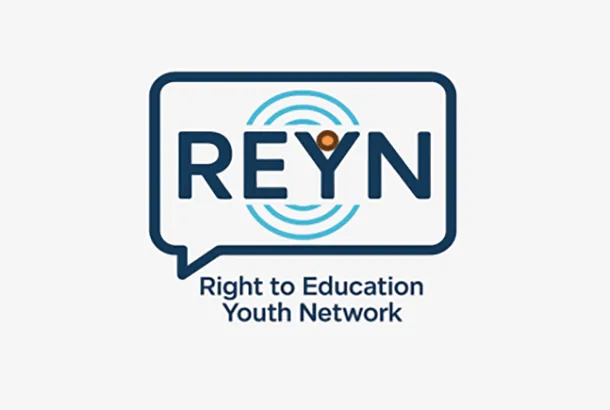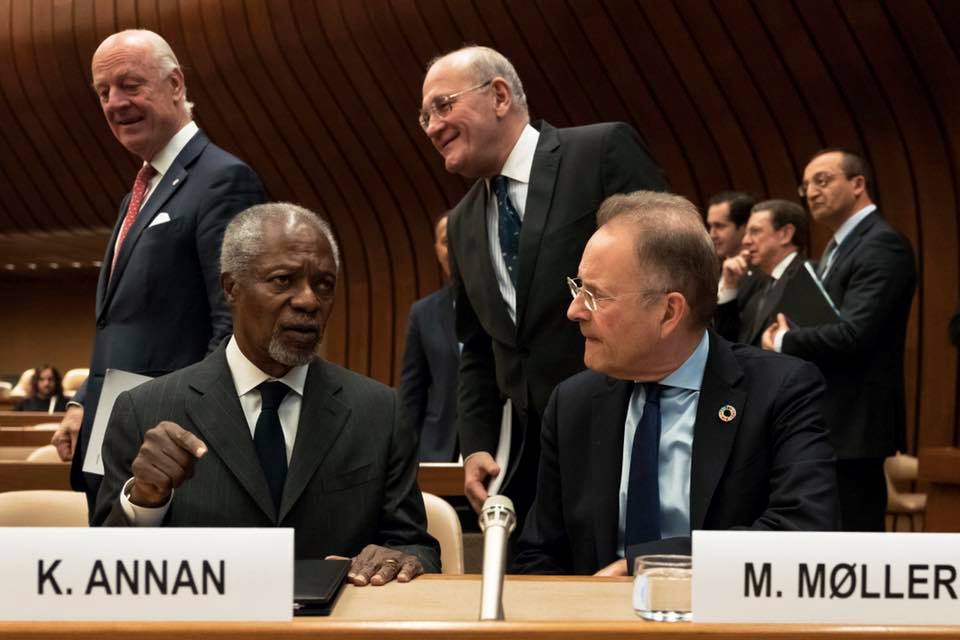Conflicts in Sudan, Gaza, the Democratic Republic of Congo, Ukraine and other regions continue to force people to flee. At the same time, many refugee-hosting countries are under pressure, and global support systems face severe funding cuts. This combination of rising needs and shrinking resources is having devastating consequences, especially for young people seeking safety and opportunity.
For displaced students, the challenges are complex. Access to education is limited in many refugee contexts. Legal, linguistic and financial barriers prevent thousands from entering or continuing higher education. Others live with the uncertainty of temporary protection, indefinite waiting periods or the risk of forced return.
Despite these realities, refugee students around the world continue to demonstrate resilience and leadership. Many are actively engaged in their communities, contributing to public life and advocating for the right to education. These efforts often take place in environments marked by hardship and limited resources.
There are also positive examples of support. Local communities, academic institutions, student unions and civil society organisations have worked to provide access to learning, basic services and opportunities for participation. These efforts show that inclusion is possible even under difficult conditions.
World Refugee Day is a reminder that displacement is not only a humanitarian issue. It is a political issue shaped by the choices of governments, international institutions and other actors. Those choices determine whether people find protection and whether young people on the move are able to build a future.
The Global Student Forum continues to engage with refugee students, promote inclusion and support their right to education and representation. As the global number of displaced people grows, the need to protect academic pathways and invest in long-term solutions becomes even more urgent.
